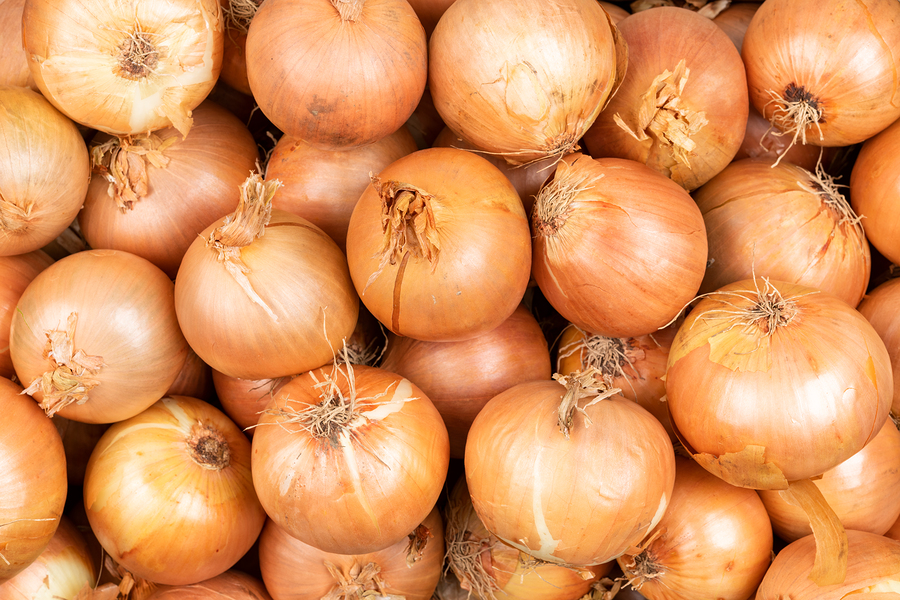Should You Store Onions in the Fridge?
Debunking the Common Myths
When it comes to storing onions, there seems to be a wide range of opinions and recommendations.
One of the most debated questions is whether onions should be stored in the fridge or kept at room temperature. Some argue that refrigeration is necessary to prolong their shelf life, while others claim that it negatively affects their flavour and texture. In this article, we aim to shed light on this topic and provide evidence-based information to help you make an informed decision about storing onions.
The Role of Temperature in Onion Storage:
Onions are known for their ability to remain fresh for an extended period if stored properly. Temperature and humidity play crucial roles in determining the longevity and quality of onions. Understanding these factors is key to preserving the onions’ flavour, texture, and nutritional value.
The Impact of Refrigeration:
One common belief is that refrigerating onions is necessary to prevent sprouting and slow down the decaying process. While it is true that low temperatures can help inhibit sprouting and reduce microbial growth, refrigeration can also have some drawbacks when it comes to onions.
Flavour and Texture Concerns:
Storing onions in the refrigerator can affect their flavour and texture. The cold temperature and humidity in the fridge can cause onions to become soft and mushy. Additionally, the presence of moisture can contribute to a faster breakdown of the onion’s cellular structure, leading to a loss of crispness.
Odour Absorption:
Another factor to consider is that onions have a strong aroma that can permeate other foods in the refrigerator. This can result in unpleasant tastes and odors in nearby items, affecting the overall freshness of your refrigerator contents.
Best Practices for Onion Storage:
- Cool, Dry, and Dark Environment: Onions should be stored in a cool, dry, and dark place with good ventilation. A pantry or a cupboard away from direct sunlight is an ideal spot.
- Separation: To prevent onions from sprouting prematurely, it’s best to store them separately from potatoes. Potatoes release moisture and gases that can accelerate onion sprouting.
- Proper Air Circulation: Onions need airflow to stay fresh. Avoid storing them in plastic bags, as this can trap moisture and promote decay. Instead, use a mesh bag or an open container to allow air circulation.
- Use the Fridge for Short-Term Storage: If you live in a hot and humid climate or have a surplus of onions, storing them in the fridge for a short period, around two weeks, can be an option. However, ensure they are dry and stored in a breathable container.
- Discard Spoiled Onions: Regularly check your onion supply for any signs of spoilage, such as mold, soft spots, or a strong rotten smell. Remove any affected onions to prevent the spread of decay.
While refrigeration can extend the shelf life of onions, it’s important to consider the potential impact on flavor and texture. Storing onions in a cool, dry, and dark environment with good airflow is generally the best practice. Only resort to refrigeration for short-term storage if necessary. By following these guidelines, you can maximise the quality and longevity of your onions, ensuring their optimal flavor and nutritional value when used in your favourite recipes.
How do you store your onions?
Latest posts by Sally - Silversurfer's Editor (see all)
- Will you be sending Christmas cards this year? - November 23, 2024
- Do you like the new Jaguar rebrand? - November 21, 2024
- Christmas Decorations Masterclass: Make your own Festive Wreath, Garland and Flower Centrepieces - November 21, 2024
- Finding warmth in cold days - November 21, 2024
- Fall in love with Norfolk Hideaways - November 20, 2024





















